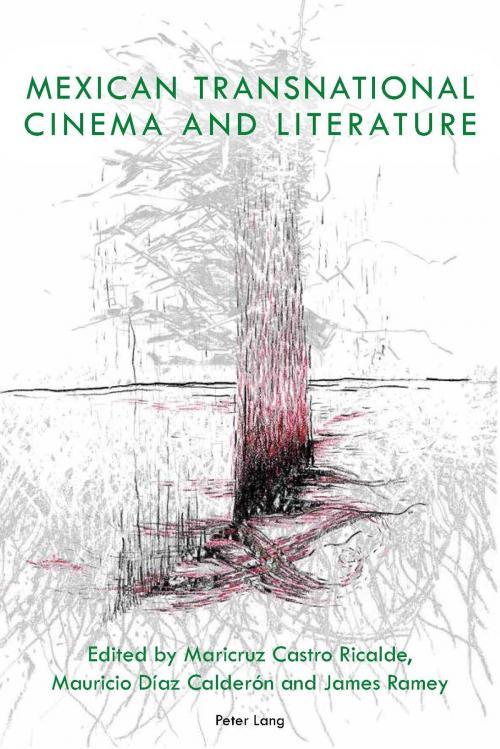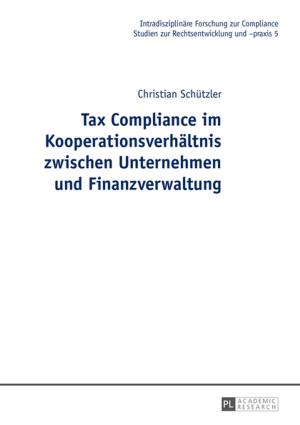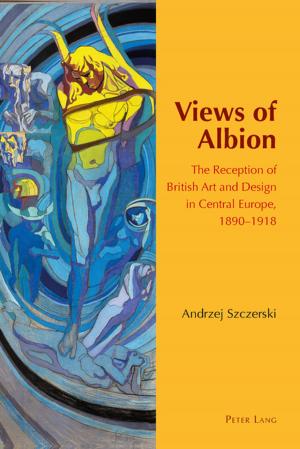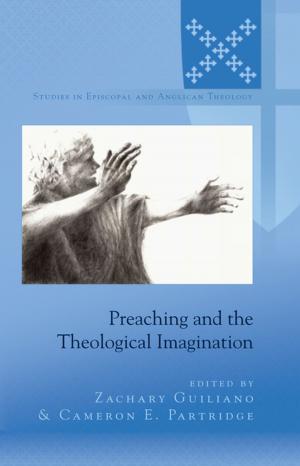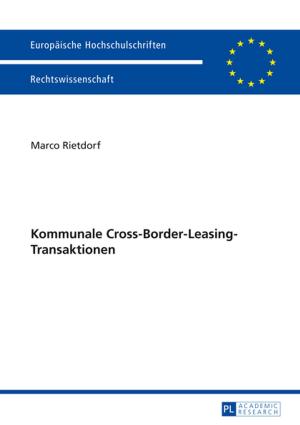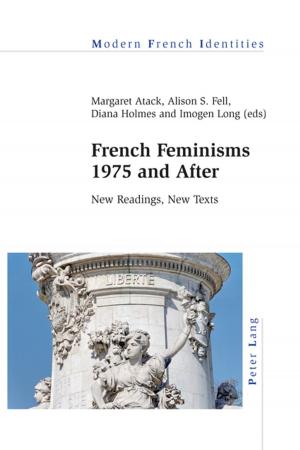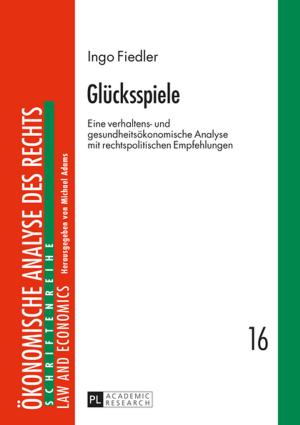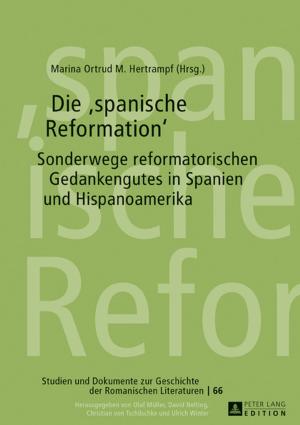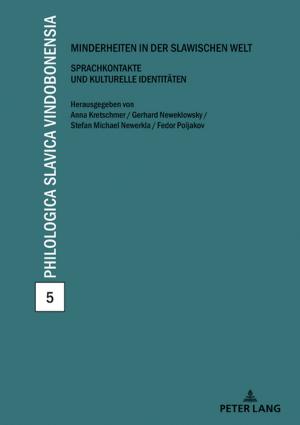Mexican Transnational Cinema and Literature
Fiction & Literature, Literary Theory & Criticism, American, Drama, Nonfiction, Entertainment| Author: | ISBN: | 9781787075009 | |
| Publisher: | Peter Lang | Publication: | October 31, 2017 |
| Imprint: | Peter Lang Ltd, International Academic Publishers | Language: | English |
| Author: | |
| ISBN: | 9781787075009 |
| Publisher: | Peter Lang |
| Publication: | October 31, 2017 |
| Imprint: | Peter Lang Ltd, International Academic Publishers |
| Language: | English |
"It was a great night for Mexico, as usual." Donald Trump's words about Alejandro González Iñárritu on Oscars’ night 2014 were a preview of his now-notorious attitude toward Mexicans: "He´s walking away with all the gold? Was it that good? I don´t hear that. It was certainly a big night for them." Although the future president’s comments were offensive, for scholars interested in transnational film and literature, his words were themselves pure gold. For they raise questions about "nation" as a category of representation. When we invoke "Mexican cinema," for example, we imply that some kind of "national cinema" exists – but what is a national cinema? Is the cinema made in the US a national cinema in the same way as that of Mexico’s? And is a film made by a foreigner in Mexico part of Mexican cinema? What does it mean for a film or a literary work to cross a border? And are borders to be defined in geographical terms only, or can they also be cast in terms of gender, sexual orientation, race, or language itself? This book, in short, reflects on the implications of the term "transnational" in relation to film and literature conceived – in any way, shape, or form – as "Mexican."
"It was a great night for Mexico, as usual." Donald Trump's words about Alejandro González Iñárritu on Oscars’ night 2014 were a preview of his now-notorious attitude toward Mexicans: "He´s walking away with all the gold? Was it that good? I don´t hear that. It was certainly a big night for them." Although the future president’s comments were offensive, for scholars interested in transnational film and literature, his words were themselves pure gold. For they raise questions about "nation" as a category of representation. When we invoke "Mexican cinema," for example, we imply that some kind of "national cinema" exists – but what is a national cinema? Is the cinema made in the US a national cinema in the same way as that of Mexico’s? And is a film made by a foreigner in Mexico part of Mexican cinema? What does it mean for a film or a literary work to cross a border? And are borders to be defined in geographical terms only, or can they also be cast in terms of gender, sexual orientation, race, or language itself? This book, in short, reflects on the implications of the term "transnational" in relation to film and literature conceived – in any way, shape, or form – as "Mexican."
